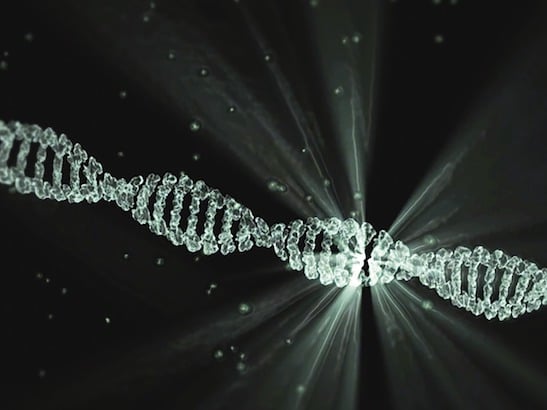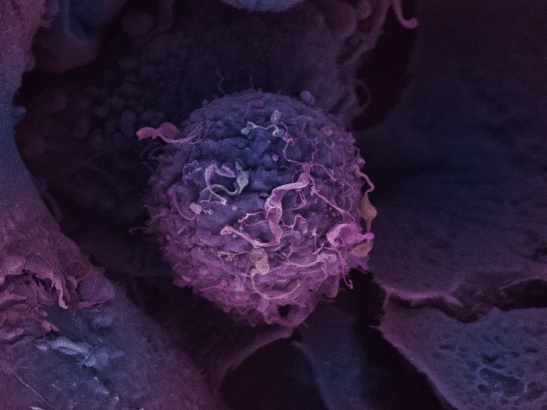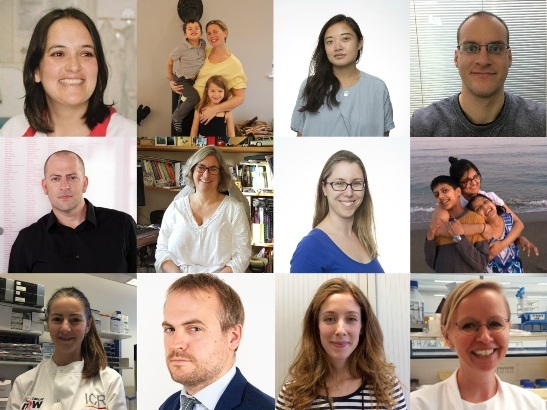Genomics
Advances in the technology to read people’s DNA have made it so much faster and cheaper that we can now read the genetic code of many different genes at once, increasingly by sequencing the entire genome of a patient or their cancer.
Comparing a genome sequence from a tumour cell with one from a healthy cell allows our researchers to pinpoint the genetic changes that are involved in causing cancer, helping us to create new and improved treatments. We can also learn about genetic changes people inherit which may increase their risk of cancer, and this can lead to new ways of preventing the disease.
This page highlights recent news stories, blog posts and videos that concern the use of genomics technologies in cancer research.
Related pages
Recent stories on genomics technologies in cancer research

Scientists identify potential drug target for BRCA-mutated tumours
A new study has uncovered a previously unknown role for the enzyme EXD2, identifying it as a potential drug target for cancer therapy.

Scientific achievements of 2019
We've selected a range of discoveries from 2018/19 – chosen because they illustrate the quality and breadth of our basic, translational and clinical research and our ambitions under the ICR's research strategy.

How ICR researchers are leading the way in breast cancer research
In Breast Cancer Awareness Month, Rose Wu looks at some of the recent research breakthroughs by breast cancer researchers at the ICR

New Athena SWAN Silver Award recognises ICR’s work on diversity and access to opportunities
The ICR is celebrating the work of all our staff and students in creating an open, diverse and fully inclusive environment, with the award of an Athena SWAN Charter Silver Award for 2019-23.

New cancer-preventing role found for DNA ‘cable tie’
A ring of proteins that holds our chromosomes together as they replicate also plays a vital role in stopping DNA damage from leading to cancer, according to new research.

Test reveals which breast cancer patients may benefit from targeted therapy
A new test could indicate which women with some breast cancer types are likely to benefit from targeted treatments, according to new research.

Scientists create artificial ‘mini tumours’ to study cancer genes
A new technique to screen clumps of cancer cells in the lab which act like miniature tumours could help scientists discover potential new cancer drugs.
-and-actin-(green)-julia-sero-the-icr-2011.jpg?sfvrsn=14c02140_2)
‘Ecologically diverse’ breast cancers more likely to be deadly
Breast cancers which are particularly complex and diverse, as judged by a test used in ecology to analyse species of animals and plants, are particularly likely to progress and lead to death, a new study shows.